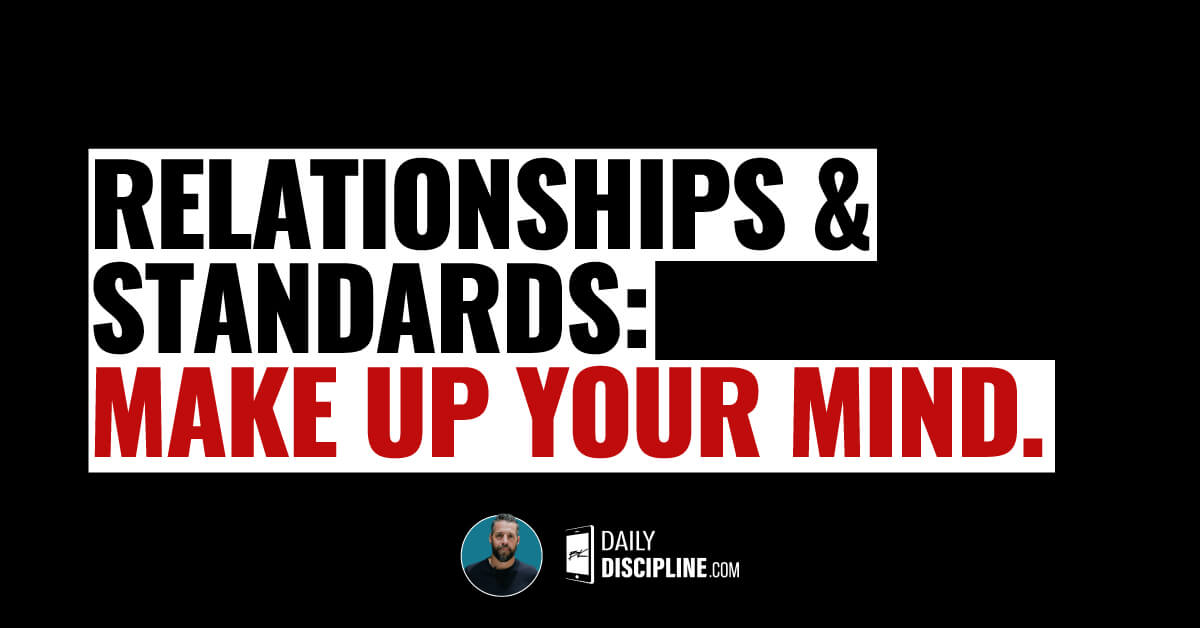The fourth fundamental of discipline is effort.
If you're solid and secure on the first three fundamentals (choice, objectives, and standards), the variable becomes how hard you're willing to work at it. In a word: effort.
Moderate levels of discipline are typical for two reasons: it's not that difficult and requires little effort. Pushing that discipline higher often means harder choices, weightier objectives, and higher standards. All of this requires effort. More effort, better effort, longer effort.
This is where some people draw the line. They want relief, not more strenuous effort. They want to get in shape, but only through an approach that requires the least effort. They want to drive change in their team, but only if the effort seems reasonable and the timeline is short. They want to learn a new skill, but only if they can learn it easily and comfortably.
Everything you want requires effort. Everything. The most valuable it is, the more effort it requires. There is nothing of substance that stays in an effortless place. We have moments of effortless execution, described as a "flow state," but these are temporary and rarely appear on demand.
Create a mindset that discipline always requires effort, and your discipline is limited or maximized by the effort you put into it.
Keep it simple. Keep it cause & effect:
- High effort leads to great discipline.
- Average effort leads to average discipline.
- Low effort leads to low discipline.
"But BK!" you might be thinking, "Isn't it true that as my discipline gets better, it won't take as much effort for me to do it?"
No. The effort requirement remains. The cause & effect truth remains. When your effort drops, your discipline drops. When your effort rises, your discipline rises.
The better question is, why would anyone look for ways to avoid more, better, longer effort in their life, whether through discipline or any other aspect? Is there anything about your life that improves due to a lack of effort? Yet one of the central objectives and standards some people live by is seeking the minimum effort they're willing to tolerate rather than the effort necessary to accomplish the objective and fulfill the standard.
Make the quality of your effort the reason your discipline succeeds, not the reason it fails. Effort is entirely within your control and directly connected to your results, fulfillment, and quality of life.
Answer the call. Do the work.


Share your thoughts